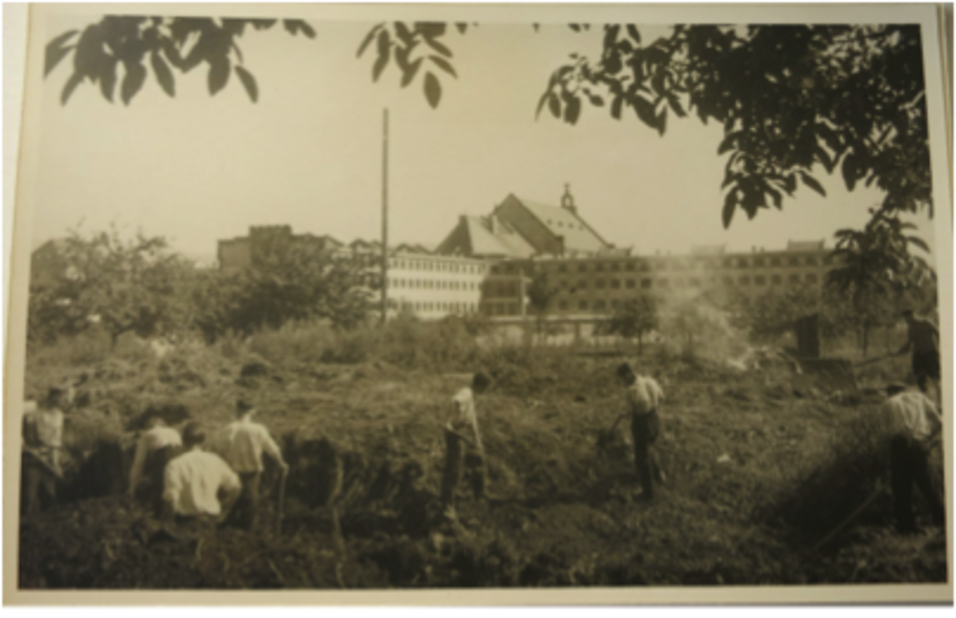Mittwoch, 18. November 2020, 17:00
https://us02web.zoom.us/j/87369601502?pwd=dDNWMk1rcFk3aTh6ZTBMUzg4
VWI invites the Institute of Contemporary History at the University of Vienna
The presentation will examine the imprisonment of German war criminals after the Second World War. Over a period of 13 years, the western Allied war crimes programs changed from severe sentencing and ‘vengeance,’ to political expediency and farce. How did this fundamental transformation take place? What led all three of the western Allied powers to give up on punishing these perpetrators of mass murder and atrocity? My research shows that the existing answers to these questions are overly fixed on factors relating to the emergence of the Cold War. It overlooks the important interaction between social, political, and domestic causes on the one hand, and diplomacy, international relations, and strategy on the other. Only by combining these two approaches can we arrive at a satisfying answer as to why and how the war crimes programs collapsed.
If historians want to understand postwar justice, how it was meted out, and how it was received by the German public, it is as important to understand the nature of the German war criminals’ incarceration as it is to understand their sentencing and trials. My research uses a fresh approach to tackle the question: why did so many ordinary Germans care so deeply about the fate of a few thousand imprisoned war criminals?I answer this question by beginning with the war criminals themselves and working my way out from there to reconstruct networks of support, layer by layer. This approach gives us a much fuller picture of who was supporting the war criminals, what their reasons were, and how they brought intolerable pressure to bear on the Allied occupation governments. This, in turn, adds richness and complexity to our current understanding of how the mass amnesties of the 1950s came about.
Commented by Kerstin von Lingen
Connor Sebestyen is a doctoral candidate in History and Jewish Studies at the University of Toronto. His research interests lie at the intersection of military history, international relations, and the postwar social and judicial reckoning with the Holocaust. He has received fellowships from organisations such as Massey College, the Holocaust Education Foundation, and the Ontario, Canadian, and German governments. He has completed degrees at Trent University, Queen’s University, and the University of Oxford.


